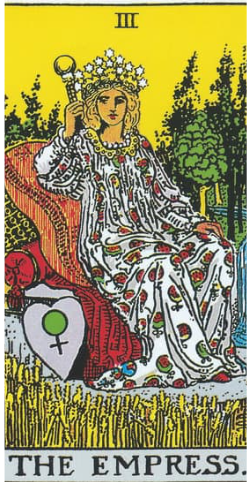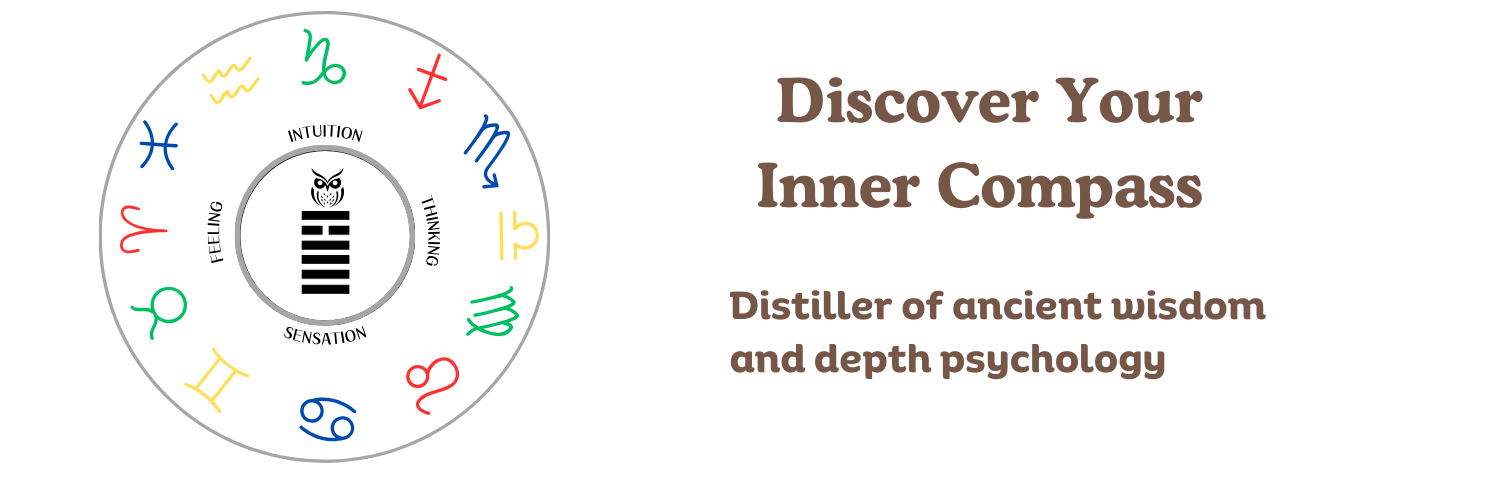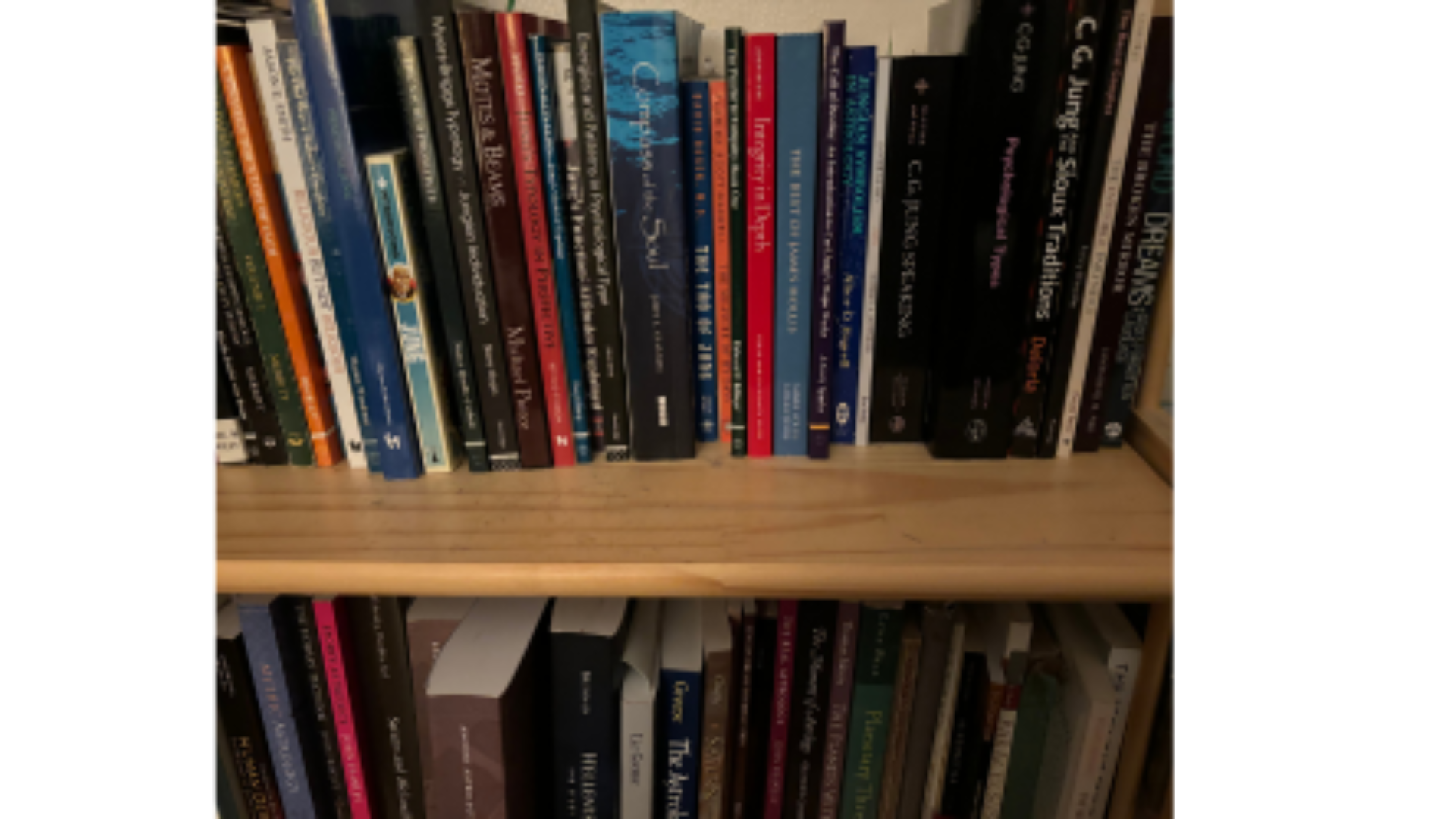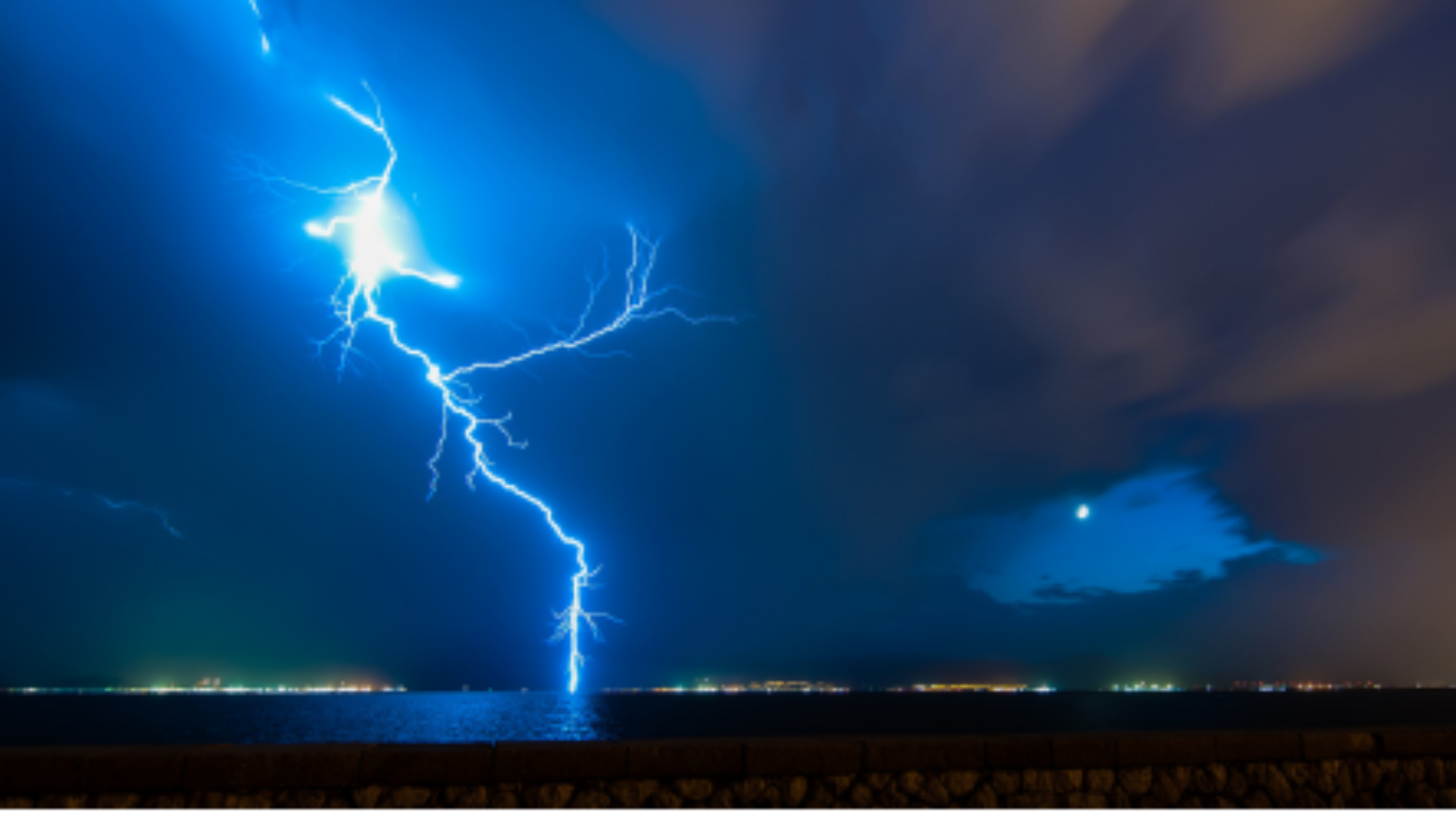Below are my favorite seven books out of the 35 Jungian psychology books I read in 2023. I write about all the Jungian books I read in my free monthly newsletter and I post quotes from these books every day on Instagram.
Here they are, in no particular order:
Practical Jung: Nuts and Bolts of Jungian Psychotherapy by Harry A. Wilmer, M.D.
The title might sound dry, but it is the exact opposite. It’s practical book, yet fun and inspiring at the same time. In fact, this book is my new recommendation for anyone wondering what book they should read first if they are new to Jungian psychology.
Dr. Wilmer writes about the basics of Jungian therapy in a way that reads like poetry. Plus there are cartoon graphics on almost every page that were drawn by him. I posted photos of several of these on my Instagram stories while I was reading the book and a few people told me the purchased the book as a result.
This would be an excellent book to keep on your nightstand or coffee table and pick it up and read a page or two a day in a lectio divina type fashion. Dreams, typology, the shadow, transference, archetypes, alchemy, complexes, and many more Jungian concepts are covered in the book.
Dr. Wilmer taught psychiatry at Stanford University and was a Zurich-trained Jungian analyst. He provided group therapy to Vietnam veterans and AIDS patients. He created a humanities institute in Texas later in his career. I’d love to read more of his work.
Bone: Dying Into Life by Marion Woodman – This book is the journal of Marion’s experiences when she had uterine cancer in the 1990s. There was a brief period where it was thought she had bone cancer. Marion was at the forefront of seeking out body work and other alternative treatments back before it was as common as it is today. I really enjoyed how she described the various healing modalities she pursued alongside the conventional cancer treatments. And of course she talks about her dream work and there are meditations on poetry throughout.I loved her insights about cronedom too.
“I believe Jung’s idea that the body carries the conflict that the psyche cannot consciously endure.”
Invocation by Bea Gonalez. What a delightful novel. It starts with a somewhat prickly debate between two academics (Carolina and Antonio) that goes viral and then morphs into 10 podcast episodes where they disucss Jungian concepts, poetry, Moby Dick, Joseph Campbell, Wagnerian opera, and more. I like the friendship between Caroline and Dani and their dialogue sometimes made me laugh out loud. The dash of romance throughout the book was fun too. I would love to read another novel like this.
The Call of Destiny: An Introduction to Jung’s Major Works by J. Gary Sparks
This book is a masterpiece of distillation of four of Jung’s major works into a mere 179 pages. I came away with a better understanding of Gnosticism, the history of Western civilization, alchemy, and God thanks to Sparks’ very clear explanations.
In the section on Aion, Sparks helps us understand the history of Western civilization. The first 1000 years saw the growth of monasteries and religious cults. The second 1000 years were about the Reformation, Renaissance, science, the Enlightenment, and the establishment of a secular government. Our task now is “to withdraw the projections previous generations put on religious iconography and find an individual relationship internally to what we once found only on the outside.”
My favorite part is Sparks’ discussion of Jung’s Answer to Job. The radical premise of this book is that God has a dark and evil side. Human civilization has ignored this side of God, so it comes out in the acts of criminals. Therefore Jung encourages us, as Sparks explains, to “bring the dark and light into a conscious understanding of what a transformed image of God is. …Each individual who wrestles with a Job experience will be coming up with a new transformed image of God in themselves. It’s Jung’s hope that if enough people continue to do this individually, there will be a general shift with the individual efforts merging into a larger movement of the reevaluation of the nature of God.”
This section also provides practical advice on how to heal from trauma. There is much to ponder in this brief chapter and I plan to read it again and again. This book is Inner City Books’ first release since the passing of Daryl Sharp and they hit it out of the ballpark with this one.
Dancing Between Two Worlds: Jung and the Native American Soulby Fred Gustafson
Gustafson was a Jungian analyst and Lutheran pastor in Watertown, WI. He attended Lakota Sioux ceremonies for many years and his love for the Land and its stories permeates this book. He doesn’t hesitate to criticize “the astonishing lack of imagination” in Christianity and how its literal approach “strips soul from the earth.”
Gustafson exhorts us to imagine matter as having soul: “The earth, then, would be something we would have to be in relationship with, much as we would with a relative or friend. It would be something we could not avoid or misuse without consequences. It would mean we would have to recognize the interdependency of all things and acknowledge that whatever is done to one aspect of earth affects all of it.”
This book was written in the 1990’s, but its message to have compassion for the earth, and see it as suffering and in need of care, is even more pertinent now.
Women Who Run With the Wolves by Clarissa Pinkola Estes
This book is a classic, of course, and I dipped into it years ago when it was first published. I finally read the whole thing over the course of many months this year. She describes several stories and myths and then pulls out several practical takeaways, such as: 7 tasks that teach one soul to love another deeply and well; The 7 structures of the mothering complex; 7 traps women face; and 4 stages of forgiveness. The Baba Yoga and the Ugly Duckling were probably my favorite tales in the book that she unpacked.
Cosmic Human, Cosmic Intent by Bernice Hill – In addition to her science background as a chemist, she has a PhD and is a Jungian analyst. She is also an expert in holotropic breathwork (she worked with Stanislov Grof), energy work, psychic communciation, and gives seminars on UFOs and ETs. This book covers all of those topics. Jungians are the “collective unconscious” people, so it always surprises me that so few Jungians write about these topics.
Feel free to contact me and let me know your thoughts on any of these books or to offer book recommendations. Thanks for reading and I wish you all the best in 2024.











